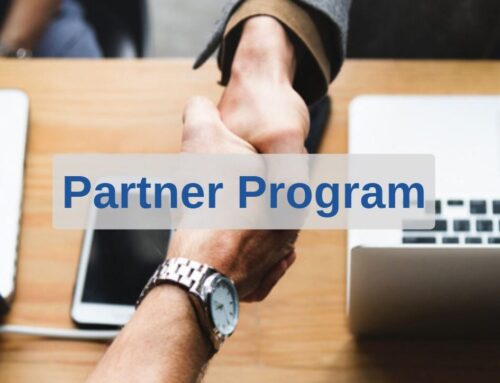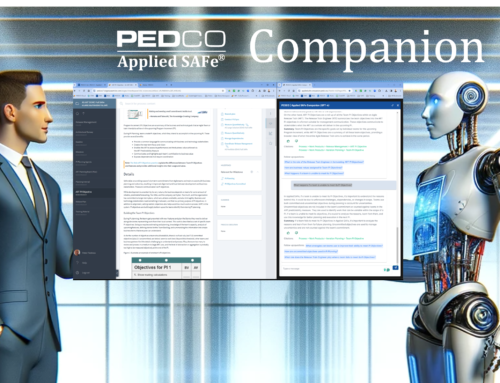Solution Centric Development – Workshop
The key to developing today’s complex products that have hardware, software, cyber and connectivity features is taking a solution-centric approach. During system decomposition and the subsequent building and integration of sub-systems and components, the desired final solution can get lost. The ideal scenario is that every step and aspect of engineering, the people working on the solution and the work itself all have a connection to the solution.
This is what Solution Centric Development (SCD) attempts to achieve. By aligning system engineering concepts, practices such as RFLP, software best practices to a scalable execution framework, we achieve the desired outcomes such as governance adherence, high-quality products and services that users love that is done at a sustainable pace aligned to market rhythms.
In this workshop, you will learn what it looks like to align requirements engineering, functional safety, cyber security, engineering best practices, software best practices, etc. in a way that supports a healthy flow of value, and achieves quality outcomes (Established Lean QMS), and a system that people love to work in.
This is a true workshop: We will talk about real-world experiences, concepts and openly discuss different possibilities of how to solve problems. And we are expecting, that the participants will be active as well. Depending on the participant’s inputs or comments, the workshop may turn in one- or another direction.
Audience
- Enterprise, System and Solution Architects
- Quality Assurance, Process Leads and Engineers
- Product and Product Line Management, Product Owners
- Executives and Leaders, Managers, Directors, CIOs, and VPs
- Internal Agile – Change Agents, Coaches and Consultants
Learning Objectives
After this workshop, you should be able to:
- Understand System Engineering in a Lean/Agile context
- Understand how a dual operating system is necessary to achieve best-in-class solutions today
- Understand how Solution Centric Product Development addresses key concerns such as quality, functional safety, cyber security, requirements engineering, and more
- Learn how an established Lean QMS becomes a best-in-class playbook (and how objectives from multiple standards can be achieved in one process)
What you get – Special Benefits
- Attendee workbooks, pictures, results and protocol of discussions.
- Optionally (a signed NDA is needed) you will also get a 30-day access to Applied SAFe.
Pre-requisites
- Knowledge about System-Engineering.
- Knowledge about lean or one of the scaled agile frameworks, especially the Scaled Agile Framework.
- Awareness of needs for complex product development and regulated environments such as Automotive, Medical Device or Defense.
Details
The key to developing today’s complex products that have hardware, software, cyber and connectivity features is taking a solution-centric approach. During system decomposition and the subsequent building and integration of sub-systems and components, the desired final solution can get lost. The ideal scenario is that every step and aspect of engineering, the people working on the solution, and the work itself all have a connection to the solution.
One of the biggest challenges organizations face today is the frustration caused by people working on big problems, yet not seeing any progress. This is especially true when it comes to solving large challenges. Blame for who is at fault for the delay in outcomes leads to poor working environment conditions. What we often see as the root cause of this situation is a lack of a Solution Centric approach to Product Development.
When building systems that have an unacceptably high cost of failure, one significant barrier to Agile adoption is the need for a more rigorous definition and validation of system behavior.
- While many practitioners resonate with the Agile Manifesto value statement of working software over comprehensive documentation, those can become conflicting priorities for enterprises that need both.
- Engineering of complex and highly reliable Solutions requires and creates large amounts of technical information, Requirements, System Architecture, domain-level models and designs (e.g., electrical and mechanical), interfaces, Customer specifications, tests and test results, traceability, etc.
Much of this information reflects the intended behavior of the solution – Features and Capabilities, Stories, Nonfunctional
The Scaled Agile Framework enables solution-centric product development by building on a ‘Solution Intent’; which get’s realized over time. In a lot of cases, it is a valid solution to differentiate between the artifacts which are needed to develop a solution (let’s call them transient objects) and those which are relevant to maintain a solution in a long-term perspective (let’s call them permanent objects). It is our understanding, that the permanent objects are mainly life-cyle independent and a great source for solution documentation. In such a case, transient objects are regarded as change requests as of [epics, capabilities, features, stories] which lead to the further enhancement of the permanent objects (as parts of the solution intent).
Below you will find a picture that illustrates this flow of value.
In this workshop we will discuss with you the concept and what it may mean in your circumstances. There are many ways to do it in detail and this is the intent of this workshop.
A possible solution:
- Start with a useful patchwork documentation
- Base on a skeleton, completed step-by-step by following the natural evolution of the solution.
- Create guidelines supporting evolutionary and incremental documentation.
- Acceptance criteria are not filled out, but trace to the right point into the skeleton.
- Skeleton holds all attributes to scale up, support the needed flexibility and support for variations; but must not contain all content in advance.
An agile approach as shown on the right is, in our opinion, a very good way to comply
We will talk also about our experience with Applied SAFe and how it helps your engineering organization adapt rapidly to a Solution Centric Product Development approach.
Concepts:
- Flow
- Achieving flow is a key objective that paves the way for predictability.
- Predictability (average lead time) paves the path for no longer needing or relying on poor up-front project estimates for planning purposes.
- Predictability is a basis for trust, both internal and external.
- Project
- The traditional view of a project is a container for time, money, and resources (people).
- The traditional approach to projects is an anti-pattern for Lean-Agile methods.
- Bringing the work to people is better than bringing people to the work. The most productive teams are long-lived, they stay together, regardless of “projects”.
- Projects are useful constructs but only to the Portfolio level (i.e.: accounting, ROI, etc.), they are a viable way of funding development value streams, as long as they do not negatively affect flow.
- Solution
- Development Value Streams create Solutions that are products, services, and/or systems.
- A Solution Centric approach is directly in-line with Systems Engineering. In Systems Engineering there is a clear concept around a System of Systems, i.e.: system, sub-systems, components.
- An example: Automotive Infotainment System.
As solutions become more complex and require more teams to complete the work, they require more practices and SAFe elements.
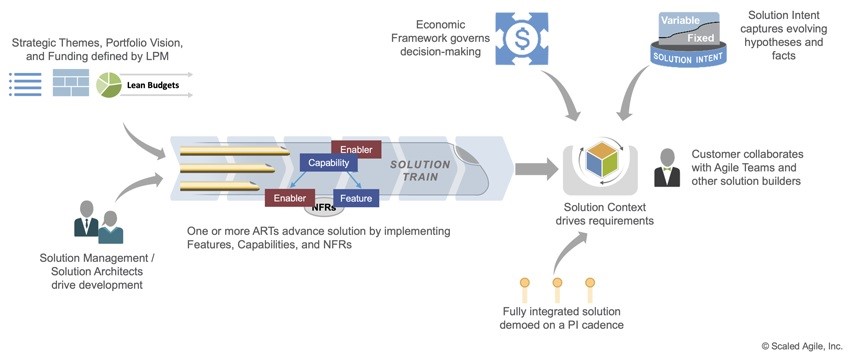
As from Scaled Agile Inc.
In order to avoid creating an unstable chaotic system when scaling up, a Solution Centric approach is critical. Adopting a Solution Centric Product Development approach is the foundation necessary to move to create the largest complex cyber-physical solutions.
Speakers:
TRAINING DURATION
4 hours
ASSOCIATED CERTIFICATION
None
PARTICIPANTS
As this is the first run of this workshop, we have a limitation of attendees (first comes first)
LANGUAGE
English, all Material in English
PRICE (Global Delivery, In-House, excl. expenses)
USD 450.00 excl. VAT / Participant
IN-HOUSE COURSE ON REQUEST
Based on your specific requirements we organize this training as your individual company in-house course.
Get in touch to discuss all potential options and their cost at courses@pedco.eu.
NEXT PUBLIC COURSES
Not decided yet?
We had a 1 hour webinar on this topic on
Tuesday, June 28th, 2022 14:00 – 15:00 CET
Get a glimpse of what we will do in the workshop and register here to WATCH the recording!
We touched on topics like how to align requirements engineering, functional safety, cyber security, engineering best practices, software best practices, etc. in a way that supports a healthy flow of value, achieves quality outcomes (Established Lean QMS) and a system that people love to work in. It’s a mix of experiences with our various clients, for this topic mostly from the Automotive industry.
 Peter Pedross
Peter Pedross
CEO & founder of PEDCO AG, creator of the product Applied SAFe. With Applied SAFE, we provide a valid practical Lean-QMS to master the complexity of bringing a lean-agile organization to life.
I want our customers to succeed and start to replace ‘believe-in’ with fact-based decisions and use this knowledge to establish efficient flow in their organization.
- Happy father and married to a wonderful woman.
- 30+ years experience in Software Engineering
- Studied Software Engineering, Finance and Management Psychology
- Formerly world-wide responsible for lifecycles, processes, methods and tools at a leading Swiss financial institute
- 50+ publications and lectures since 1995 in USA, Japan and Europe.
- Certified in “Scaled Agile Framework” SPC since 2011, “Disciplined Agile Delivery”, EFQA, CMMI, PMI, Scrum etc.
- Encountered first experience with Agile in 1999 (XP)
- President of the Board for Computer Science at the Swiss Association of Quality (SAQ) and member of the Board of Directors at SAQ
 Scott Barnes
Scott Barnes
ls a principal consultant at PEDCO and is an entrepreneurial and accomplished leader with a proven ability to successfully create and execute value. Expertise in delivering exceptional value, leading complex high-value engineering and technology initiatives. Over 30 years of experience, with more than 20 years working to lead and improve flow chains with a strong focus on engineering, governance, and business alignment.
Core Competencies
Organizational Transformation · Strategy Development & Execution · Enterprise Transformation · Change Leadership · Lean / Agile Approaches · Product Development · Vision, Strategy and Leadership · Leadership Alignment · Vendor & Contract Management · Process Engineering · Governance & Regulatory Compliance · Systems Engineering · Quality Management
Governance & Regulatory Compliance
ISO 9001 · ISO 26262 · Automotive SPICE · ISO 21434 · IEC 62304, CTR-180 · ISO 62304 · AAMI TIR 45 · CMMI · many more
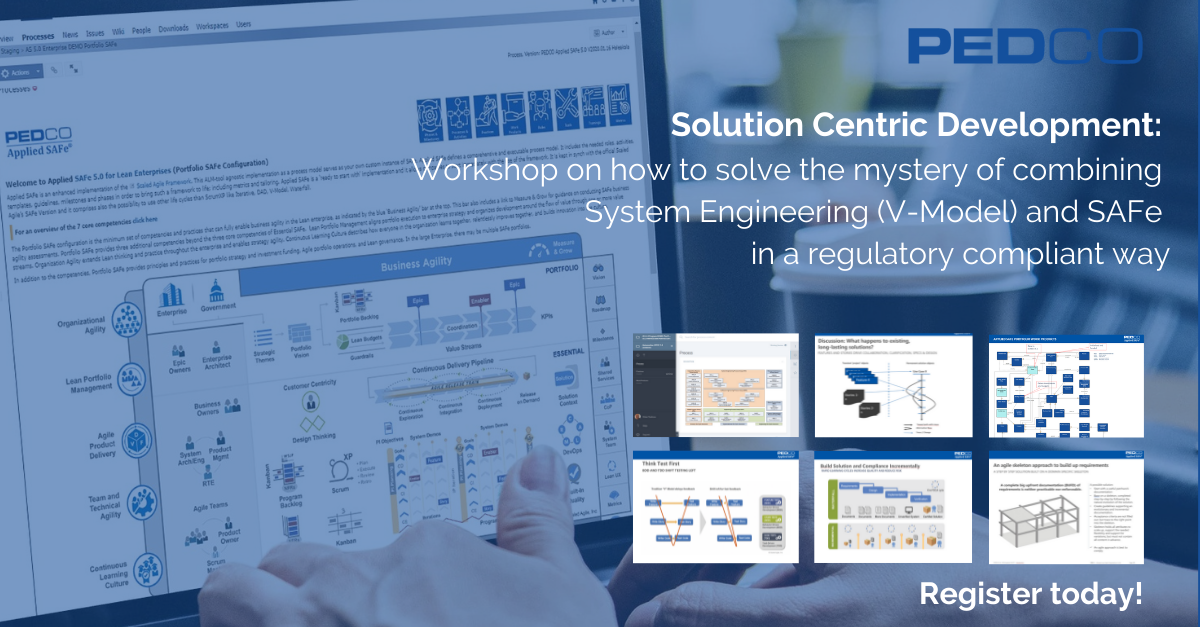

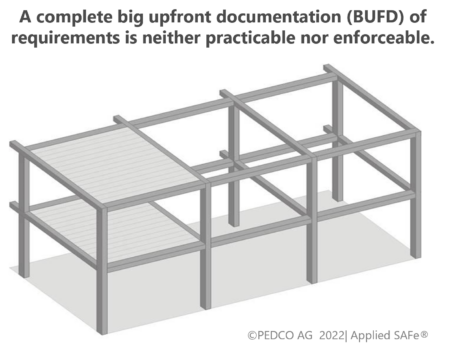

 Peter Pedross
Peter Pedross
